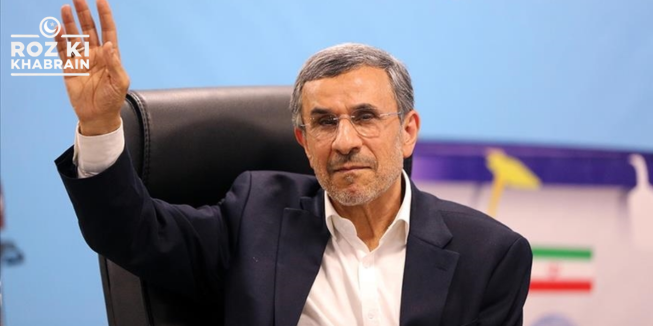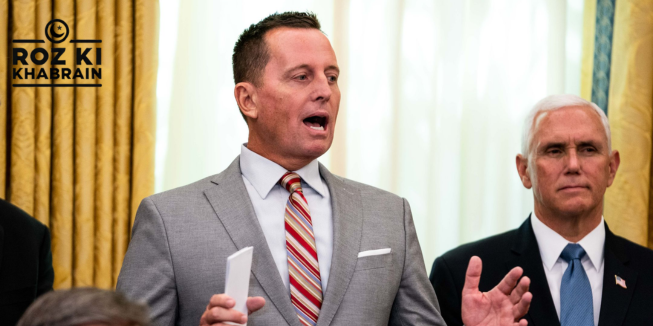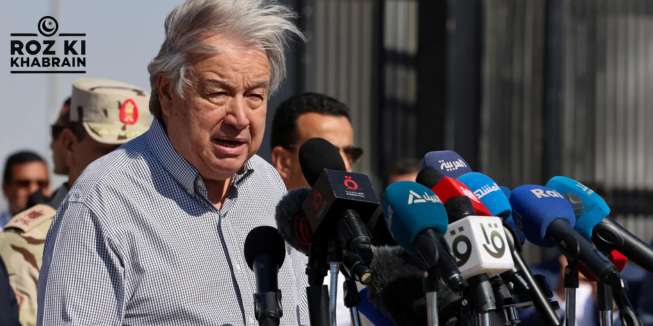The assassination of Hezbollah leader Hassan Nasrallah has raised questions about how Israel was suddenly able to locate top figures within the Lebanese group after years of searching, with suspicions falling on Iranian intelligence.
Mahmoud Ahmadinejad, who served as Iran’s president from 2005 to 2013, claims that Israeli agents may have infiltrated Iran’s intelligence services at the highest levels, passing sensitive information to the Israeli government. He specifically mentioned that an intelligence unit responsible for uncovering Israeli spies in Iran, particularly after attacks on nuclear scientists and facilities, had been compromised.
“Israel carried out complex operations inside Iran, quickly obtaining information,” Ahmadinejad told CNN Turk. “In Iran, they remain silent about this. The individual in charge of the unit fighting Israeli influence was an Israeli agent.”
He further alleged that another 20 Israeli intelligence operatives were embedded within Iranian forces, relaying information about Iran’s nuclear program.
These claims follow rumors that Israel may have penetrated Iranian or Syrian intelligence to locate top Hezbollah commanders. While Ahmadinejad’s comments remain unproven, and he has a history of making controversial statements, Israel seems to have gained significant intelligence advantages, successfully targeting Nasrallah and other Hezbollah leaders, albeit at the cost of high civilian casualties.
Nasrallah, known for keeping his movements secret for decades, eluded Israel’s assassination attempts during the 2006 war. Other Hezbollah leaders killed in recent Israeli airstrikes include Ibrahim Aqil, Nabil Kouak, and Ahmad Wehbe. Senior Hamas figures, such as Saleh Al-Arouri and Ismail Haniyeh, have also been targeted, with Haniyeh killed while in Tehran.
Nasrallah’s death was particularly striking, occurring shortly after Israel successfully disabled thousands of electronic devices used by Hezbollah, despite the group’s strict security measures.
According to Israeli sources, the assassinations were the result of 20 years of intelligence work focused on Hezbollah. Some reports suggest that much of the intelligence may have been gathered during Hezbollah’s involvement in the Syrian war, where it supported Assad’s forces on multiple fronts.
Israel’s focus on Hezbollah may have come at the cost of overlooking Hamas, leading to the deadly October 7 attacks. Israel’s military and intelligence services have faced criticism for not responding to warnings about Hamas movements leading up to that date. Israel has also been unable to eliminate Hamas military leader Yahya Sinwar, and reports of Mohammed Deif’s death in an airstrike remain unconfirmed.




